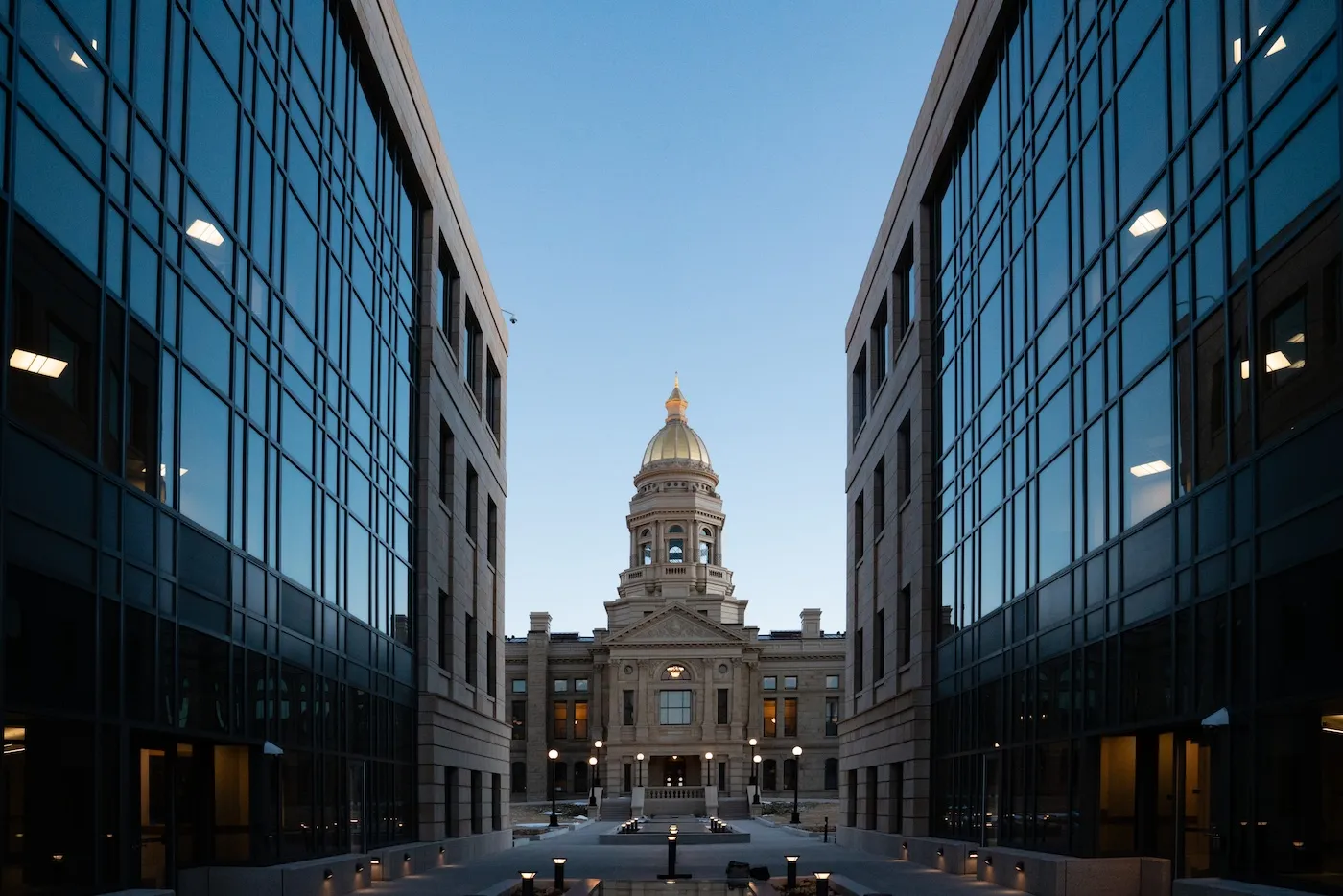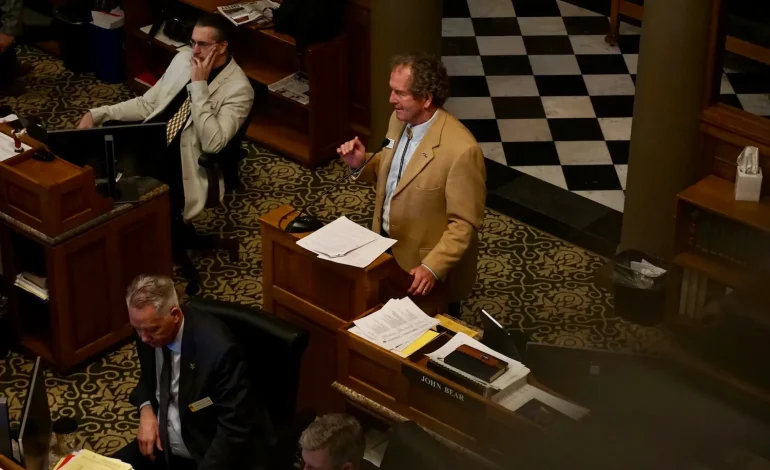In a heated legislative session, the Wyoming House of Representatives passed House Bill 199, the “Wyoming Freedom Scholarship Act,” despite strong opposition from lawmakers who called it unconstitutional and warned it would likely lead to legal challenges, Oil City News reports.
The bill, sponsored by Rep. Ocean Andrew (R-Laramie), now moves to the Senate for further consideration.
The proposed legislation would expand a new state education savings account (ESA) program by offering up to $7,000 per student for non-public K-12 schooling. Unlike the current program, the bill removes income eligibility requirements and no longer covers pre-K costs. Participating students would not be required to take statewide or national assessments.
Andrew, a staunch supporter of school choice, defended the bill as a necessary step toward educational freedom.
“The program should be equally available to all children just like public education is,” he asserted.
Critics argue that the bill conflicts with multiple provisions of the Wyoming Constitution, which prohibits public funds from being used for private or religious education and restricts state money to the necessary support of the poor. Rep. Karlee Provenza (D-Laramie) emphasized these legal issues during debate, stating:
“It’s clear as day that this bill is unconstitutional. We as a state will clearly lose when we are inevitably sued.”
Other lawmakers raised concerns about the lack of oversight and potential for abuse. Rep. Steve Harshman (R-Casper) warned:
“It’s gonna be the Wild Wild West of waste, fraud and abuse.”
Some legislators who supported the previous ESA bill in 2024 expressed frustration with the new proposal, arguing it undermines the hard-fought compromises that allowed the initial program to pass. Rep. Ken Clouston (R-Gillette) lamented:
“This bill guts most of those compromises.”
Throughout three days of intense testimony, lawmakers made numerous attempts to amend the bill, seeking to reinstate pre-K funding, assessment requirements, certification processes, and income eligibility limits. Most of these efforts were defeated.
Rep. JD Williams (R-Lusk) managed to secure an amendment to reinstate the certification process for education providers, a move supported by Superintendent of Public Instruction Megan Degenfelder. Additionally, Williams added language requiring academic assessments, though the bill does not specify the assessment standard.
The Wyoming Education Association (WEA) voiced strong opposition to the bill, citing recent polling that shows nearly 70% of Wyoming Republicans oppose universal school vouchers. WEA President Kim Amen argued that vouchers undermine public education, stating,:
“Wyoming public schools are the heart of our communities, especially in our rural areas. Universal vouchers are counter to all of these values.”
Conversely, Americans for Prosperity Wyoming Director Tyler Lindholm praised the bill’s passage as a step toward educational freedom.
“This year will finally be the year that every family in Wyoming will have the full freedom to choose the best education pathway for their children — with no income qualifications or strings attached,” he said in a statement.
As the bill advances to the Senate, its future remains uncertain amid ongoing legal and public scrutiny. Some lawmakers urged patience and a more measured approach. Rep. Cody Wiley (R-Rock Springs) cautioned against rushing changes to the newly implemented ESA program.
“You gotta learn to walk before you run,” he said.








